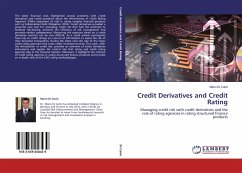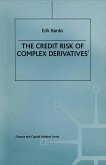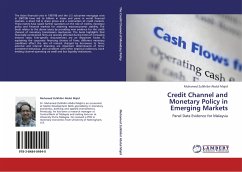The latest financial crisis highlighted several problems with credit derivatives and raised questions about the effectiveness of Credit Rating Agencies (CRAs) assessment of risks in rating complex financial products such as Collateralized Debt Obligation (CDO). Credit derivatives provided a powerful new tool for managing credit risk that had the potential to facilitate risk-sharing, enhance the efficiency of risk management and promote market completeness. Measuring the exposure taken on a credit derivative contract can be very difficult. As a result market participants have rely on credit ratings as a source of information to assess the risk of their derivative transactions. During the latest crisis the role of the major credit rating agencies have come under increased scrutiny. This work, after the introduction of credit risk, provides an overview of credit derivatives instruments and explain the central role that rating and credit rating agencies play in the financial markets.Moreover, it highlights the criticism of credit rating agencies in rating structured finance products and provide an in-depth view of the CDO rating methodologies.
Bitte wählen Sie Ihr Anliegen aus.
Rechnungen
Retourenschein anfordern
Bestellstatus
Storno








